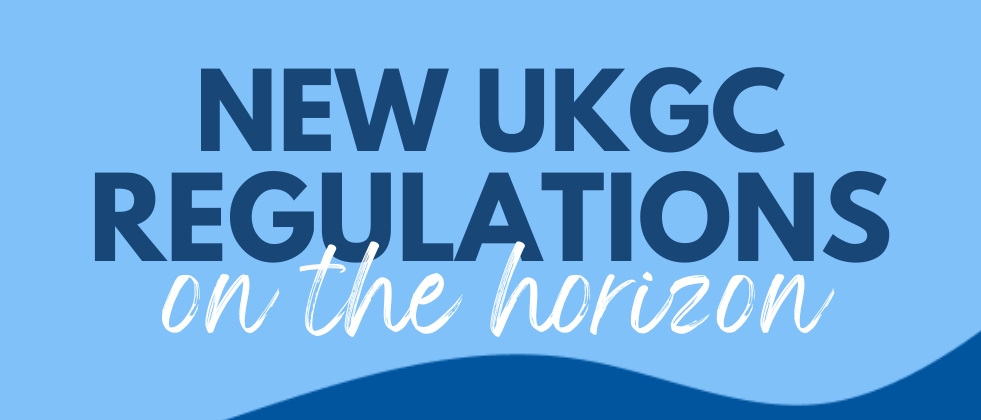How Gambling Addiction Works and How to Get Help
Gambling is fun and exciting high-class entertainment. Millions and millions of people worldwide love to play their favorite games in physical or online casinos. Most keep gambling on a healthy level, but a few players evolve addictions along the way and can’t stop themself from playing for more than they can afford.
What is gambling addiction?
Problem gambling, gambling addiction, or ludomania are some words for the same disorder that can end up with high social and family costs. For a long time, psychiatrists and other professionals considered pathological gambling a disorder of impulse control rather than an addiction. However, a gambling addict can these days be diagnosed with a mental illness. It is also clear that problem gambling often correlates with alcohol problems.
A person addicted to gambling has problems controlling the amount of money he or she is playing for. In the long run, the player can put himself, his family, and friends in trouble. Here’s a list of some of the signs and symptoms when someone might have gambling problems:
- Needs to increase the stake to achieve excitement.
- Becomes restless and irritable when trying to play less or stop gambling.
- Is constantly thinking about gambling and how to get money to do it.
- Can’t stop playing casino games despite several attempts.
- Uses gambling to get rid of feelings like guilt, anxiety, and depression.
- Trying to get even and win back lost money.
- Lies to cover up gambling and lost money.
- Has lost jobs, education, relationships, or career opportunities because of gambling.
- Lean on others to help out resolve financial problems caused by gambling.
What leads to gambling addiction? 🎲
Several different factors can cause gambling addiction. Biological, genetic, and environmental influences can all be a reason for the problem. The biggest group is young and middle-aged people, and the condition is more common among men than women. An early starting age is a significant risk factor, just as alcohol problems are more common for people who start drinking early. For that reason, it’s important that no one starts playing before they reach the legal age.

Other things that can trigger an addiction are traumas, stress, loneliness, and personality traits. If the situation doesn’t improve, there are risks for relationship, health, and legal issues. Some players have committed suicide, and others are thinking about ending their lives.
What is Responsible Gambling?
Serious online casinos have a department working with responsible gambling. The employees are trying to see patterns of gambling addiction among the users to take actions to prevent an addiction from becoming more serious. Different countries’ rules and regulations also contribute to responsible gambling by restricting some advertisements.
The legal age to gamble is usually 18, but it can differ in some jurisdictions. The reason for a legal age is to restrict minors from playing since they’re at a bigger risk of becoming addicted. Most casinos also offer a section on their sites with information about problem gambling and tools to help fix the problem. Players who feel they’re in the risk zone can usually limit playing time, spending, and losses. A player losing all control should also be able to block himself totally from the site.
Where Can I Get Help for Gambling Problems?
There are a lot of organizations helping people who fall too deep into the casino world. A common treatment is a 12-step program, similar to what is used within Alcoholics Anonymous. The fellowship Gamblers Anonymous is active in considerable parts of the world, and the easiest way to come in contact with GA is to search for it online in your language and location.
Another worldwide organization is The International Center for Responsible Gambling, founded in 1996. Its main office is in the US, but ICRG also funds research worldwide.
Many countries have one or several organizations in this matter. They can be state-run or independent charities. Here’s a list of just a few of them:
United Kingdom
Gamcare – The national provider of free consultations helping problem gamblers. You can reach Gamcare by phone, chat, and email. If you prefer seeing someone eye to eye, you can visit one of the physical locations.
BeGambleAware – An organization founded and administered by the independent charity GambleAware. BeGambleAware offers information and support to anyone affected by gambling. You can reach the charity by phone, chat, or mail.
Germany
Check Dein Spiel – A German organization offering free and anonymous advice to anyone. You can reach Check Dein Spiel in various ways, and they have different sections for players and their relatives.
USA
National Council of Problem Gambling – The NCPG was founded in 1972 and works to lead the state and national development of policies and programs for those affected by problem gambling. The organization has a 24-hour confidential helpline you can reach by phone, chat, and text.
Sweden
Spelberoendes Riksförbund – A nonprofit organization working to inform, prevent, and help. Spelberoendes Riksförbund was created in 2000 and is a collaboration between several associations.
These are just a few examples of where you can seek help. Your online casino should have a section of information and helpful links to places you can contact.
To sum it up, most people use gaming and gambling as a great way of entertainment, but some can’t handle it and play for more than they can afford. The mechanisms behind it are complex, and every person’s story is different. Please be aware of the signs of addiction on your own and among friends and family. The faster the issue can be addressed, the easier it is to solve. Take care of yourself, and remember that playing in the casinos should always be fun. If you feel discomfort for any reason, log out and do something else.




|
Sign in